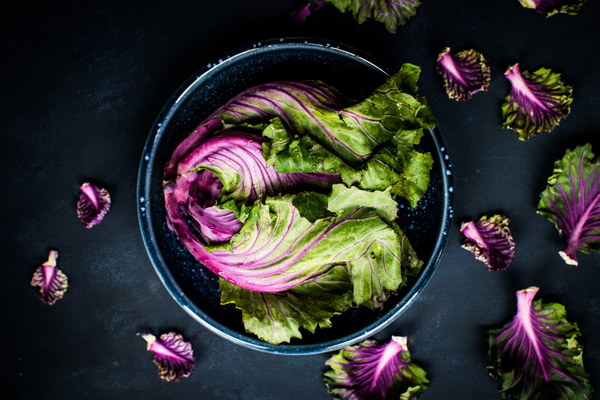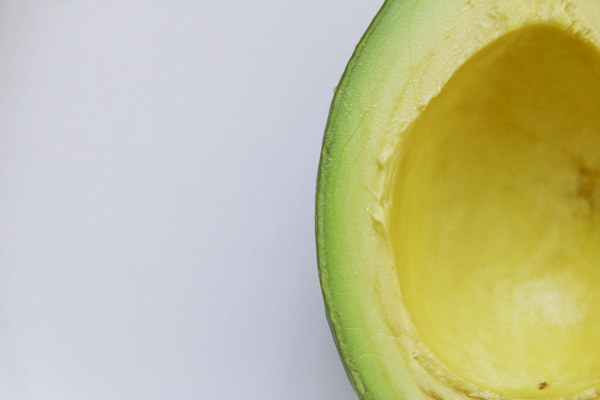The Unexpected Side Effect Napping Induced by HealthBoosting Tea
In the quest for a healthier lifestyle, many of us turn to natural remedies and herbal teas to boost our well-being. However, for some, these health-boosting beverages may come with an unexpected side effect: excessive drowsiness. If you've ever found yourself nodding off after sipping on an herbal tea, you're not alone. Let's delve into the reasons behind this phenomenon and explore ways to mitigate the drowsiness.
Herbal teas have been used for centuries to treat a variety of ailments, from digestion issues to stress relief. Ingredients like chamomile, valerian root, and peppermint are known for their calming properties, making them popular choices for those looking to unwind after a long day. However, these same ingredients can also lead to drowsiness, leaving you feeling more tired than refreshed.
One of the primary reasons for the sedative effects of herbal teas is the presence of compounds like apigenin and luteolin. These flavonoids are found in many herbs and have been shown to have a calming effect on the central nervous system. When consumed, they can promote relaxation and induce sleep, which is beneficial for those who struggle with insomnia or anxiety.
Chamomile, in particular, is often hailed as the sleep tea due to its high levels of apigenin. This herb is traditionally used to treat sleep disorders and promote a restful night's sleep. However, drinking chamomile tea during the day can lead to feelings of drowsiness, which can be quite unsettling for those who are already tired or have a busy schedule.
Valerian root is another herb that is often praised for its sleep-inducing properties. It contains a compound called valerenic acid, which is believed to interact with the brain's neurotransmitters to produce a calming effect. While valerian root is generally safe for short-term use, some individuals may experience drowsiness or fatigue as a side effect.
So, how can you enjoy the health benefits of herbal teas without feeling like you're on the verge of a nap? Here are a few tips:
1. Choose your tea wisely: Opt for teas that are known for their energizing properties, such as green tea, black tea, or ginger tea. These teas contain caffeine and other stimulants that can help keep you alert.
2. Timing is everything: If you're sensitive to the sedative effects of herbal teas, consider drinking them in the evening or before bed. This way, you can take advantage of their calming properties without worrying about feeling drowsy during the day.
3. Limit your intake: If you're prone to drowsiness after drinking herbal tea, try limiting your consumption to one cup a day. This can help reduce the chances of experiencing excessive drowsiness.

4. Combine with other ingredients: Adding ingredients like lemon, honey, or mint can help balance out the calming effects of the tea and make it more invigorating.
5. Consult a healthcare professional: If you're concerned about the sedative effects of herbal teas, it's always a good idea to consult with a healthcare professional. They can provide personalized advice based on your health history and individual needs.
In conclusion, while herbal teas can offer numerous health benefits, they may not be suitable for everyone. If you find yourself feeling excessively drowsy after drinking these teas, it's important to be aware of the potential side effects and take steps to mitigate them. By choosing the right type of tea, adjusting your consumption habits, and seeking professional advice, you can still enjoy the health benefits of herbal teas without experiencing the unwanted side effect of drowsiness.









